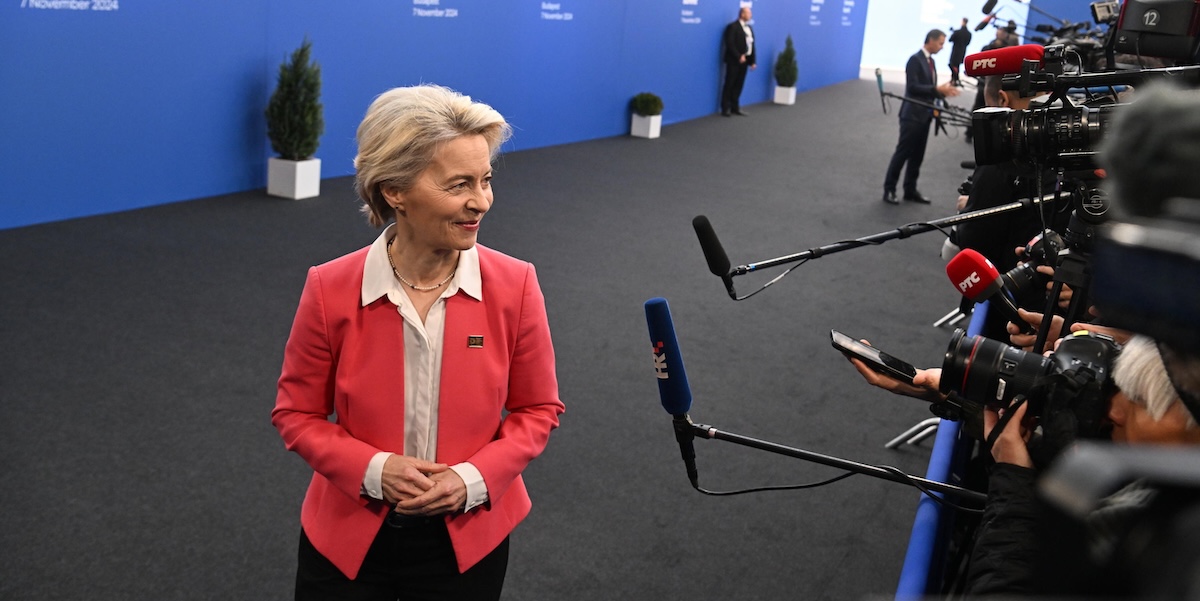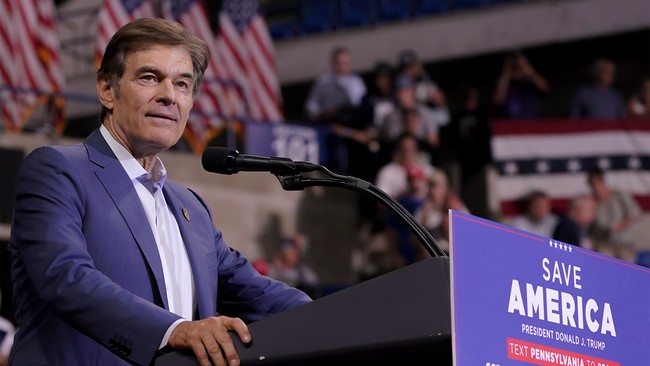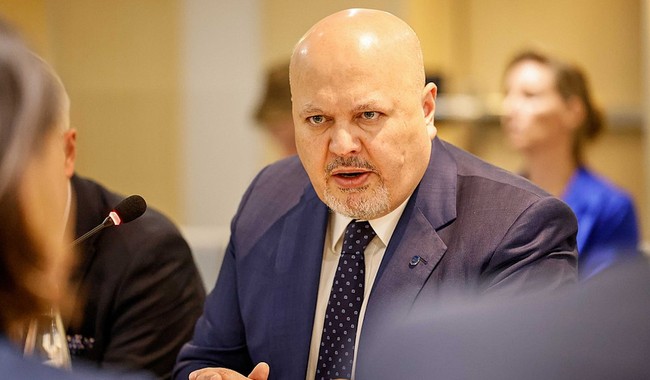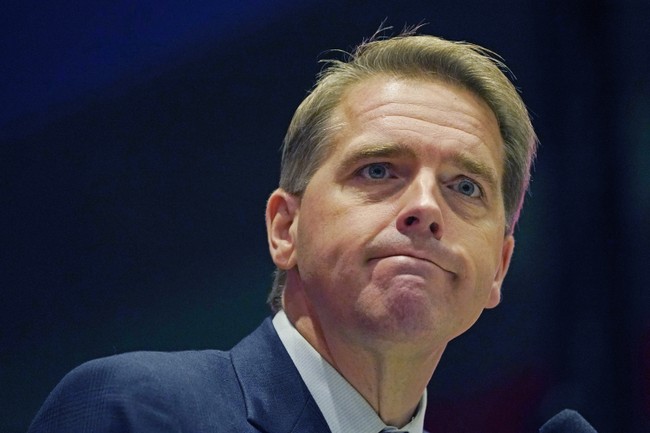U.S. and Middle East Conflicts: Diplomatic Standoff
Amid ongoing hostilities, the U.S. faces significant opposition internationally over its latest veto, raising questions about global diplomacy and regional stability.
Published November 22, 2024 - 00:11am
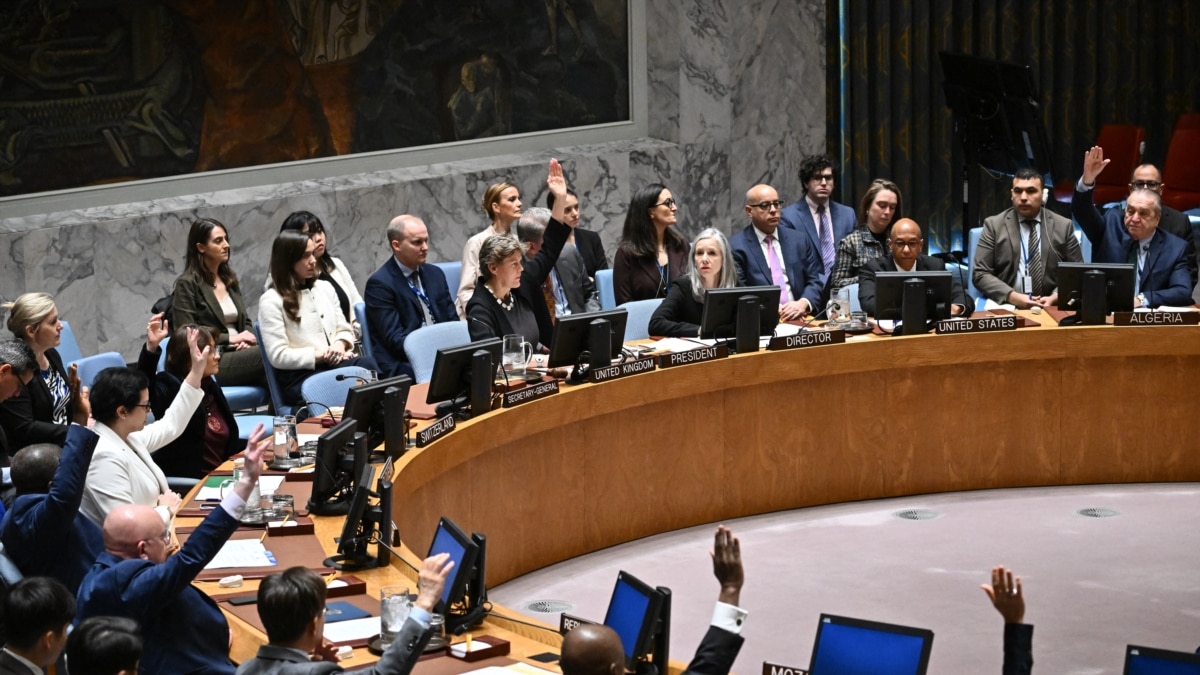
Image recovered from voaportugues.com
The Middle East conflict has resurfaced with renewed intensity over recent months, capturing the world's attention once again. At the heart of the diplomatic challenges surrounding this enduring issue lies the United States' controversial use of its veto power in the United Nations Security Council, a move that has drawn widespread international scrutiny. Despite the unanimous call from 14 of the 15 Council members for an immediate and unconditional ceasefire in the Gaza Strip, the U.S. decision to block the resolution has highlighted the deep rifts and complications within global diplomatic endeavors.
Amos Hochstein, the special envoy for the United States, recently emphasized the potential for achieving a ceasefire between Israel and Hezbollah. During his visit to Lebanon, Hochstein described the discussions taking place as 'constructive,' pointing out the considerable progress made in narrowing differences between the involved parties. He expressed optimism, noting that 'a real opportunity exists' to conclude the conflict, contingent upon decisive action from both sides. Hochstein's remarks underscore the intricate and often exhausting process of mediating peace in regions punctuated by longstanding hostilities. Nonetheless, the overarching goal remains, as he firmly reiterated the commitment to work closely with the governments of Lebanon and Israel.
However, efforts by the U.S. towards a ceasefire between Israel and Hezbollah starkly contrast with the international backlash at the world stage, where its veto of the UN Security Council resolution was met with condemnation. The resolution, which called for a prompt cessation of hostilities and the release of hostages by both Israeli and Palestinian parties, was sidelined as the U.S. argued that no ceasefire should occur without securing the hostages' release. U.S. officials remained steadfast, maintaining that only resolutions explicitly demanding hostage release as a condition for ceasefire would receive American support. This stance has been perceived by many as a barrier to peace, reflecting a prioritization of unilateral strategic interests over consensus-based diplomacy.
Among the most vociferous critics of the U.S. veto are prominent members of the international community, including nations such as Russia and China, who have accused the United States of stifling cooperative efforts. According to U.S. officials, proposals for compromise were introduced, notably by the United Kingdom, which had suggested modifications that aimed to align the interests of diverse stakeholders. Unfortunately, these efforts to modify the proposal were rebuffed, with accusations of behind-the-scenes maneuvering by certain states to provoke the American veto, thus complicating the diplomatic landscape further.
The impact of such vetoes extends beyond immediate political ramifications, as they exacerbate the humanitarian crisis in regions like Gaza. The ongoing violence has already resulted in severe casualties and has displaced tens of thousands, contributing to a humanitarian catastrophe of monumental proportions. Organizations worldwide have called for immediate relief efforts and greater access to humanitarian assistance, yet logistical and political barriers remain persistent obstacles. Palestinians, including representative groups such as Hamas, vehemently denounce the U.S. stance, interpreting it as support for continued aggression and human rights violations against their communities.
As diplomatic tensions simmer, regional stakeholders are confronted with the challenge of balancing power dynamics, peace negotiations, and humanitarian responsibilities. This intricate tableau requires nuanced understanding and adaptive strategies from international players, whose roles pivot based on changing regional alliances and geopolitical interests. Analysts speculate that without effective multilateral interventions and unequivocal commitments to peace, the cycle of violence and retaliation may prevail, further destabilizing the region.
In conclusion, the controversy surrounding the U.S. veto in the UN Security Council encapsulates the broader complexities of addressing peace and security in the Middle East. The conflicting interests and priorities of global powers, juxtaposed with the urgent humanitarian needs on the ground, present compelling challenges that demand cohesive international action. As diplomatic relations continue to evolve, the prospect of reaching lasting resolutions remains contingent on mutual concessions and a willingness to forge forward-thinking alliances.
